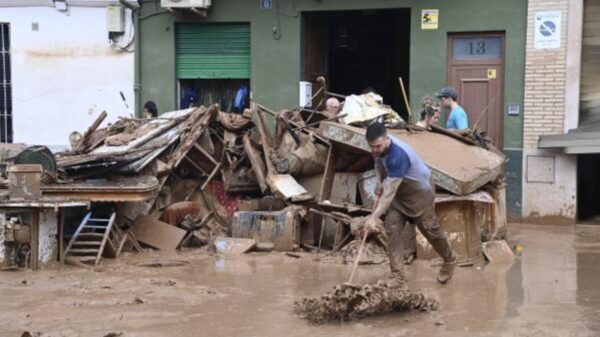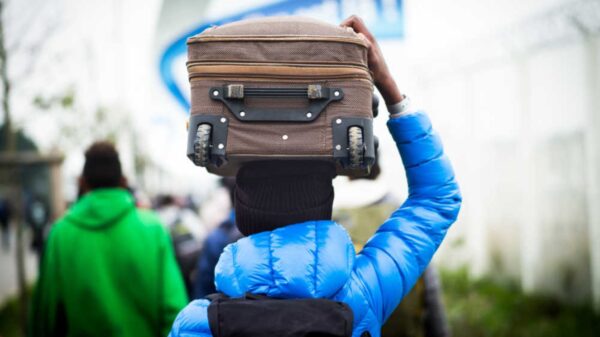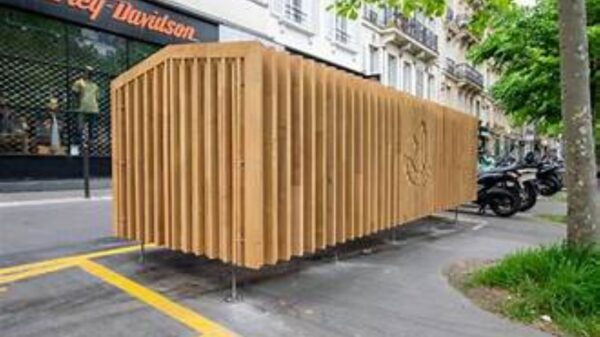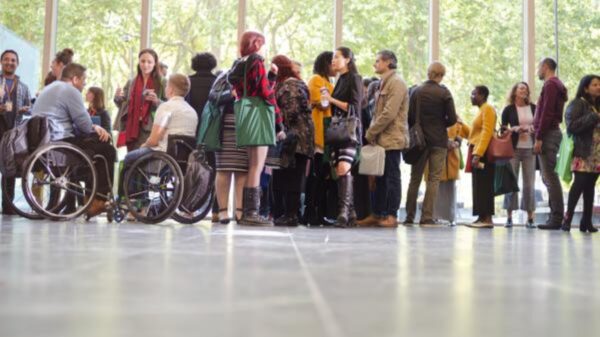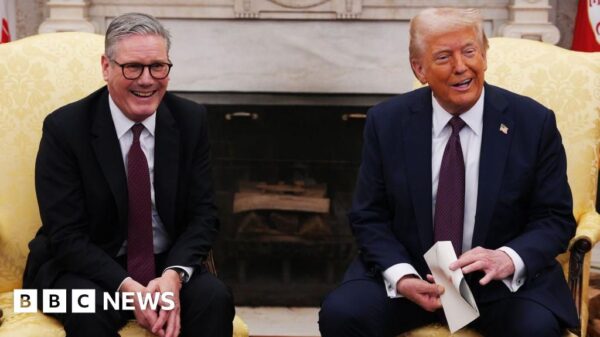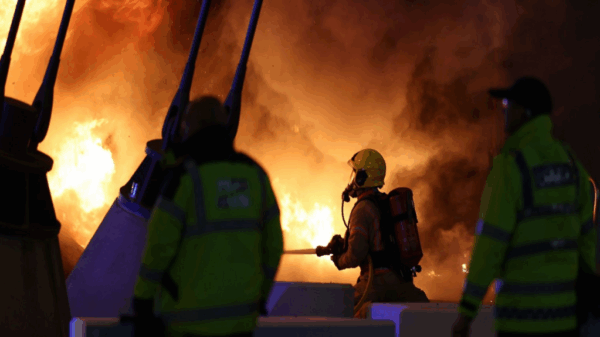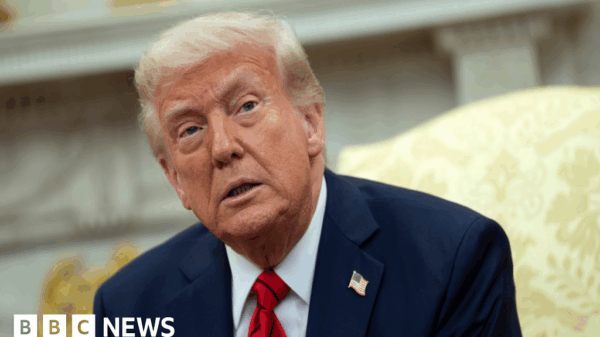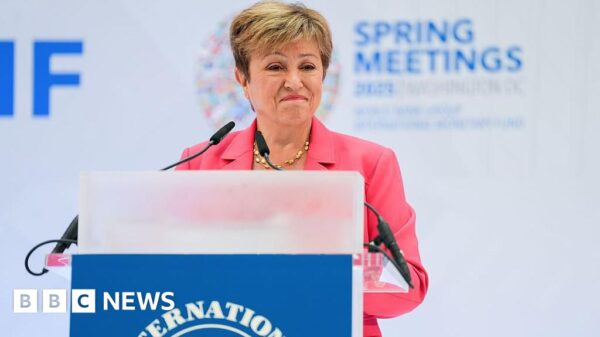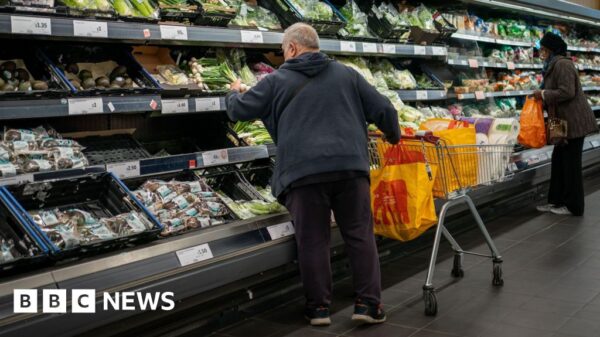NATO troops secured a town hall in Kosovo’s Zvecan and the alliance said on Tuesday (30 May) it would send more soldiers to the region, a day after 30 NATO soldiers and 52 protesters were hurt in clashes and the EU and U.S. urged a de-escalation of the violence.
Unrest in the region has intensified since ethnic Albanian mayors took office in northern Kosovo’s Serb-majority area after April elections that the Serbs boycotted, a move that led the US and its allies to rebuke Pristina on Friday (26 May).
NATO said in a statement it would send additional forces to Kosovo to curb the violence, but provided no details of when this would happen or the number of soldiers involved.
Serbs refused to take part in local elections in April and ethnic Albanian candidates won the mayoralties in four Serb-majority municipalities with a 3.5% turnout.
Northern Kosovo’s majority Serbs have never accepted Kosovo’s 2008 declaration of independence from Serbia, and consider Belgrade their capital more than two decades after the Kosovo Albanian uprising against repressive Serbian rule.
Ethnic Albanians make up more than 90% of the population in Kosovo as a whole, but northern Serbs have long demanded the implementation of an EU-brokered 2013 deal for the creation of an association of autonomous municipalities in their area.
In the town of Zvecan, dozens of soldiers in anti-riot gear from the United States, Poland and Italy secured a municipal building as Serbs protested against an Albanian mayor coming to office.
The Serbian protestors dispersed around 4 p.m. (1400 GMT), and will return on Wednesday morning, the Serbian Tanjug news agency reported, citing Serbian officials in Zvecan.
A Reuters reporter saw four big NATO convoys heading to the north late on Tuesday afternoon.
DE-ESCALATION URGED
Russia, which has long had close ties with Serbia and shares its Slavic and Orthodox Christian traditions, called on Tuesday for “decisive steps” to quell the unrest in Kosovo.
The Russian foreign ministry urged “the West to finally silence its false propaganda and stop blaming incidents in Kosovo on Serbs driven to despair, who are peaceful, unarmed, trying to defend their legitimate rights and freedoms.”
Moscow helped block Kosovo’s bid for U.N. membership at Belgrade’s request.
The United States ambassador to Kosovo Jeffrey Hovenier blamed Pristina for fuelling tensions in the north by moving Albanian mayors to their offices on Friday despite Serb opposition.
Washington, the most outspoken advocate and supporter of Kosovo independence, decided to cancel Kosovo’s participation in a military drill after Pristina refused to withdraw the mayors and its police forces from the north.
“We’re thinking through other implications as well,” he told reporters.
Masked men in the town of Leposavic close to Serbian border smashed the windshield of a car with an Albanian licence plate marked as “A2, CNN affiliate,” a Reuters reporter who witnessed the incident said. A separate car belonging to another media outlet was smashed as well. No one was injured.
‘TOO MUCH VIOLENCE’
EU foreign policy chief Josep Borrell urged Kosovo and Serbian leaders to find a way to de-escalate tensions through dialogue.
“We have too much violence already in Europe today, we cannot afford another conflict,” Borrell told a news briefing in Brussels.
Kosovo authorities have blamed Serbian President Aleksandar Vucic for destabilising Kosovo. Vucic blames Kosovo authorities for causing problems by installing new mayors.
“In a democracy there is no place for fascist violence—no appeal from ballot to bullet,” Kosovo Prime Minister Albin Kurti said on Twitter late on Monday.
After meeting ambassadors of the Quint group – comprising the United States, Italy, France, Germany and Britain – in Belgrade, Vucic said he had asked that Albanian mayors are removed from their offices in the north.
Kosovo President Vjosa Osmani said criminal gangs, supported by Vucic, aimed to destabilize Kosovo and the entire region.
On Monday, Serb protesters in Zvecan threw tear gas and stun grenades at NATO soldiers, leaving 30 NATO troops hurt, along with 52 Serbs.
“Violent acts against citizens, against media, against law enforcement and KFOR (NATO’s Kosovo) troops are absolutely unacceptable,” EU’s Borrell said.
For a TIMELINE on Serbian unrest in north Kosovo, click here.

